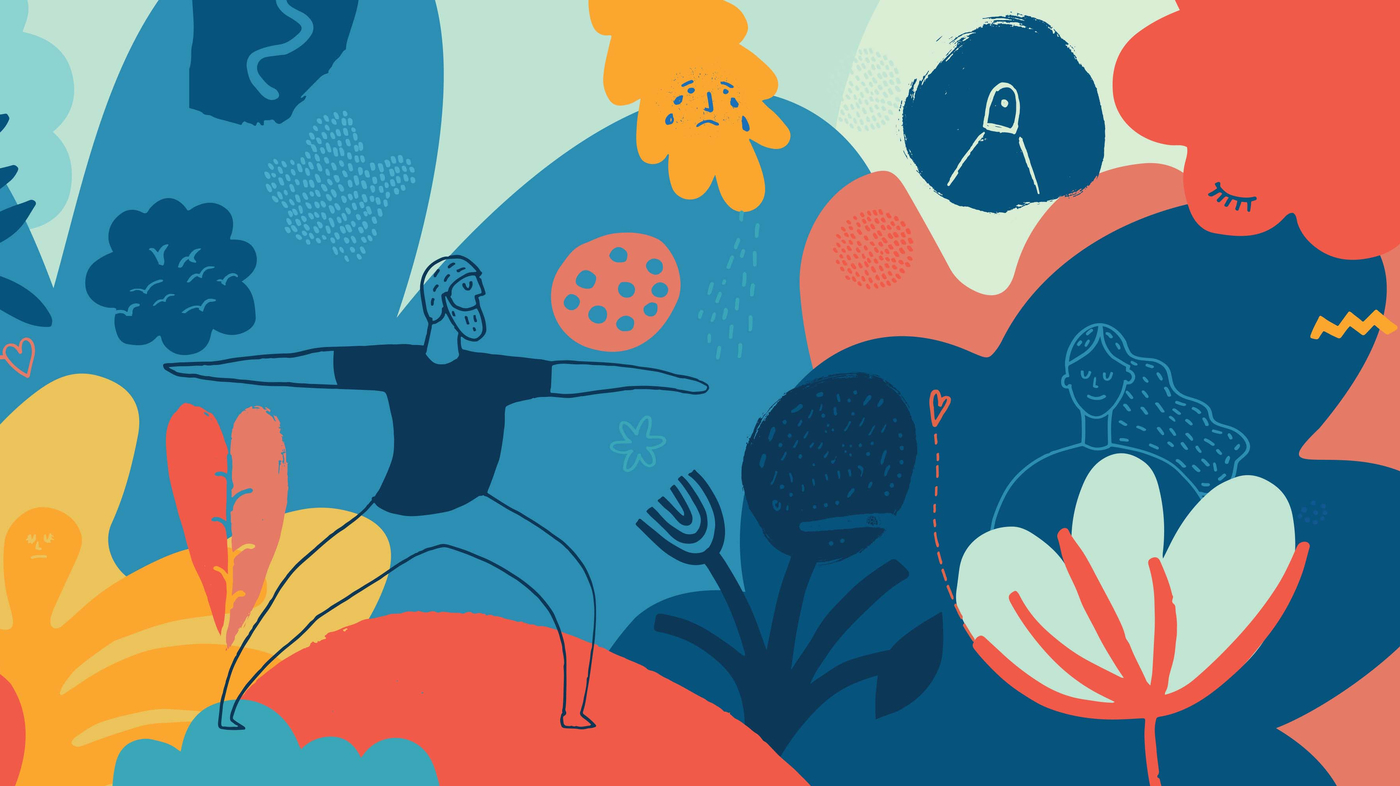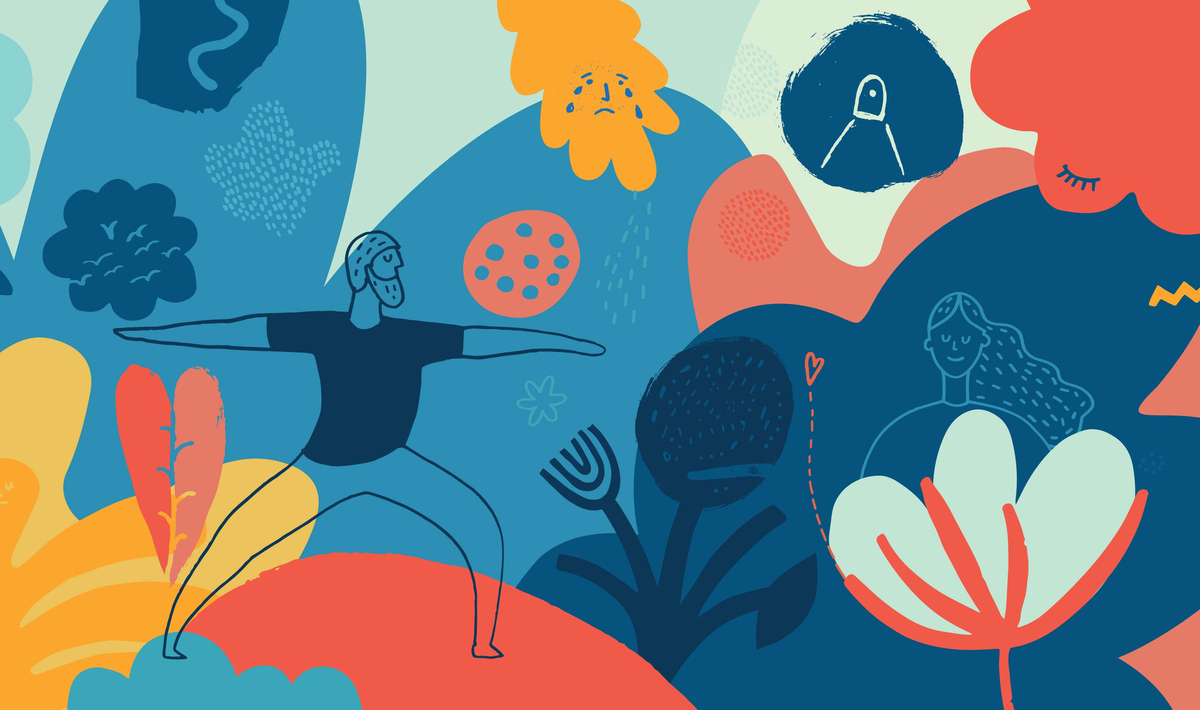
It’s 2023, and after the last couple years we’ve all had on this planet, a lot of people are not in the mood for goal-setting. In fact, for many of us, maybe the best advice right now is to just lean back and get better at doing nothing. (Seriously, this is NPR giving you permission to relax. It’s for your own good.)
Still, if you find yourself taking stock of your life and health and looking for ideas to reset, science has your back. Here are a handful of evidence-based suggestions from NPR’s recent health reporting that could help you refresh body and mind.
The best part? These ideas are less about will power and more about finding new motivation for self care. Here’s to feeling better with less self-judgment this year!
1) Set healthy boundaries to protect your energy
In a nod to Shonda Rhimes’ 2016 bestseller Year of Yes, podcast host and Broadway producer Zach Stafford is declaring 2023 his “year of maybe.”
“It is exhausting to say yes to every single thing,” Stafford said on his podcast Vibe Check. “I want to be intentional about everything I do, whether it’s a work project or just getting drinks with someone.”
Many of us could benefit from setting boundaries around how we spend our time and energy, but we often worry about how other people might feel if we say “no thanks.”
Therapist Nedra Glover Tawwab, author of Set Boundaries, Find Peace – talked to NPR’s Life Kit team about navigating this tricky territory. Her tips include:
- Check for signs, such as a surge in anxiety, that indicate you might need a boundary.
- If a friend wants to connect and you’re not in the right headspace, say that and call them back later.
- Say no to requests that you don’t actually have the time or energy to fulfill.
Maybe 2023 is the year you start teaching others how to treat you.
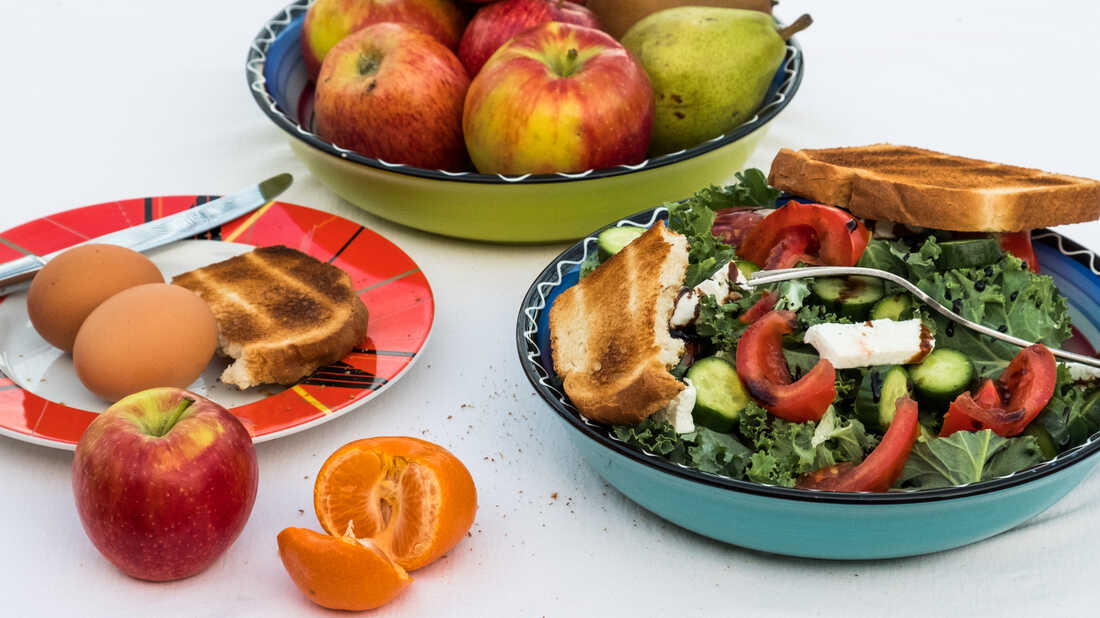
Food journalist Barry Estabrook did the research and learned that most diets don’t really work in the long term for most people.
Michele Abercrombie/NPR
hide caption
toggle caption
Michele Abercrombie/NPR
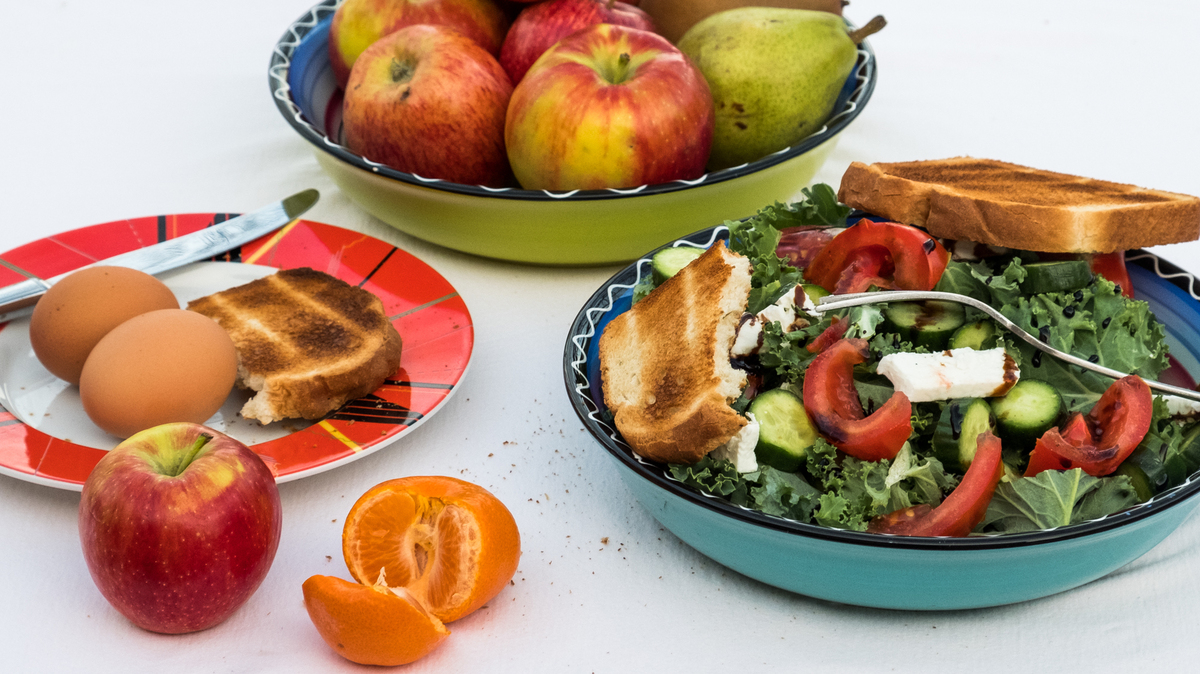
Food journalist Barry Estabrook did the research and learned that most diets don’t really work in the long term for most people.
Michele Abercrombie/NPR
2) Skip the fad diet and forge your own path
Every year, there are an abundance of memberships, apps, cookbooks and smoothies available to help us lose weight or get healthier. But do these things work?
After his doctor “read him the riot act” over his high blood pressure and cholesterol, investigative food journalist Barry Estabrook dove into the diet world. He pored over nutrition studies, interviewed weight-loss gurus, and dug into the history of American dieting. He tried a dozen diets over three years and ended up sticking to none.
Estabrook documented his food journey in a book called Just Eat: One Reporter’s Quest for a Weight-Loss Regimen That Works. He eventually lost some weight without gaining it back – after he tuned in to his own particular habits and preferences. He shared some of his takeaways with NPR, such as:
- Be realistic about your lifestyle. Do you have the time to chop lots of vegetables, or bake bread from scratch? Try changes that don’t require a massive overhaul.
- “Lead” your diet instead of following one. Observe how you eat normally and identify a few areas you could adjust. Estabrook realized he took in a lot of calories through drinking alcohol, so he cut back.
- Watch what you habitually chow down on. Estabrook noticed he was eating three or four bags of calorie-dense potato chips a week, just because they came with his sandwich.
Learn more about Estabrook’s misadventures, and the ways most diets fail us. And if his approach sounds like too much work, explore how intuitive eating lets you eat exactly what feels right to you.
3) Go ahead, have a little fun
Playing with Legos, roller skating, watching horror films … whatever you’re into, make more time for it in 2023. Last year when NPR asked some of our journalists to write about their hobbies, passions and pursuits, what came out is that these things can be empowering, perspective-shifting and just plain delightful.
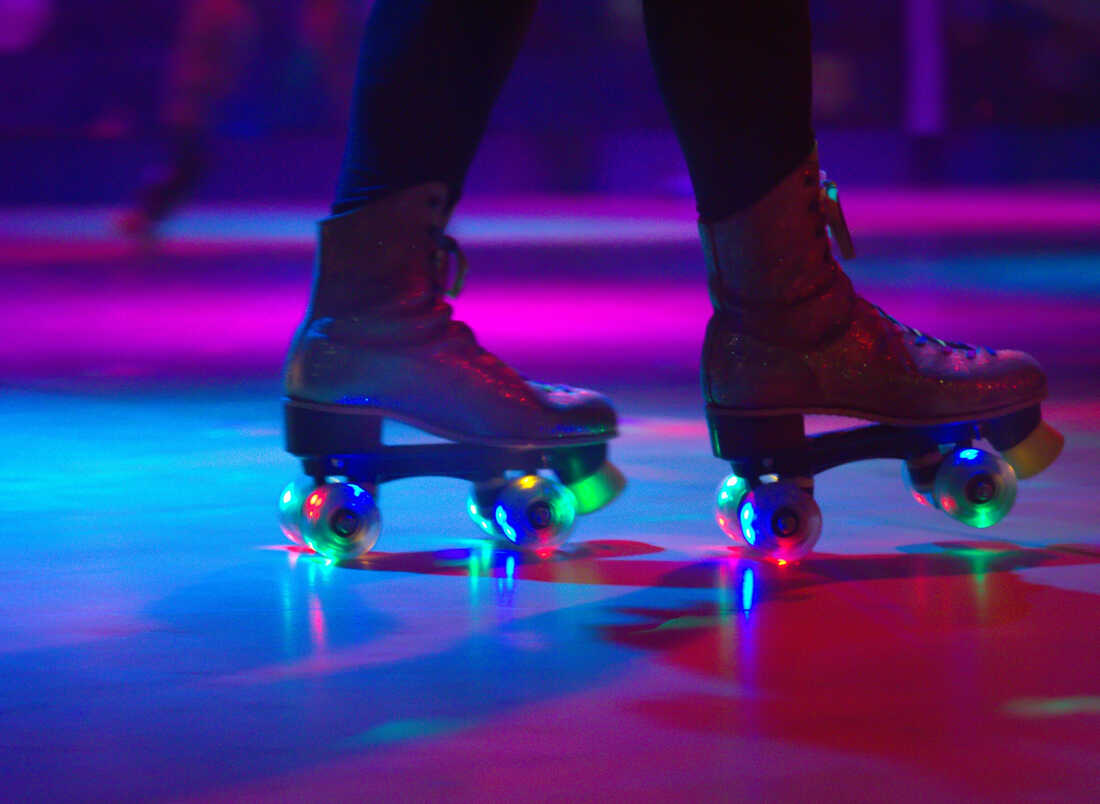
Daniel Limpi/Getty Images/EyeEm
Kia Miakka Natisse is the co-host of NPR’s Invisibilia wrote about the liberating pleasure of taking up roller skating as an adult: “I have thrown myself into this hobby wholeheartedly, in a way that surprises me sometimes. It feels a lot like love,” she wrote. And that held true even when she kept falling. “As an adult, I’m not used to feeling that awkward in my body. I got real familiar with picking myself off the floor.”
Be inspired by Kia, or by Meredith Rizzo who discovered that fossil hunting helped stress melt away and put her into a flow state. Find your own thing this year that you do for no other reason besides fun. Because, as NPR reported, taking time for moments of joy can help rewire our brains to be more attuned to positive feelings and give us more of them.
Read more of our I’m really into series and then get out there and so something fun of your own.
4) Get off your butt, with a friend

At a line dancing social event held in Washington D.C., dancers showed off their moves set to hip-hop and R&B music.
Meredith Rizzo/NPR
hide caption
toggle caption
Meredith Rizzo/NPR

At a line dancing social event held in Washington D.C., dancers showed off their moves set to hip-hop and R&B music.
Meredith Rizzo/NPR
Two tough realities about adulthood: It gets harder to make new friends, and to find time for exercise. If you’re like us, you might have joined a handful of day trips with hiking groups looking for company on the trail. But you also may have passed up the opportunity, worrying: Will the pace be too fast or the trail too steep? Will there be anyone my age in the group?
For Black Americans interested in spending time outdoors, those concerns can extend to, “Will there be anyone else who looks like me on the trail?” or “Am I going to have to deal with racism while trying to enjoy nature?” Jessica Newton founded Black Girls Hike, now called Vibe Tribe Adventures, to share the benefits of stress relief and camaraderie with other Black women. As NPR reported, her group and others like it are helping people of color “fit in” out-of-doors.
She’s onto something. Finding a squad – or even just one good friend – can make it easier to get active. It makes it less about will power and more about fun and bonding. Here are a few other ideas to find social connection while getting sweaty:
5) Start a podcast habit
Tuning in to a podcast that makes you happy can be a great way to practice some mellow me-time. Even if you’re a loyal public radio listener, it feels good to take breaks from the news, and tune in to something a little more personal.
Take for instance, NPR’s Life Kit, a podcast based around the belief that everyone needs a little help being human. Episodes run the gamut, from how to use spices to punch up a meat-free meal, to how host a successful theme party, to how to talk to someone who is considering suicide. And they’re all based on interviews with experts, and about 15 to 20 minutes long.
Don’t miss Life Kit’s New Years resolution planner, with 40+ tips and ideas. Listen to the show and subscribe on the NPR One App, or wherever podcasts are found.
Want to try something a little different? Peruse these fifteen binge-worthy podcasts from across the NPR Network.


